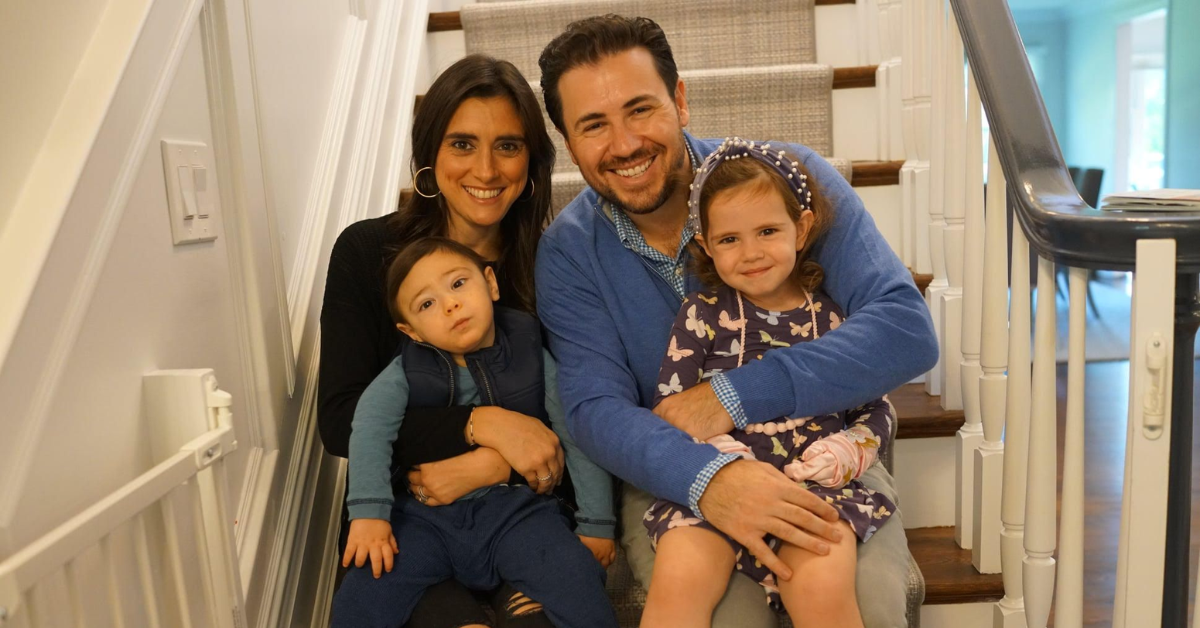A Long Island family is on a mission to spread awareness about FOXG1 syndrome, a rare and devastating neurological disorder that affects children from birth. With limited research and little public awareness, they are determined to educate others and advocate for more funding to help affected families and drive scientific progress.
What is FOXG1 Syndrome?
FOXG1 syndrome is a rare genetic disorder caused by mutations in the FOXG1 gene, which plays a crucial role in brain development. The syndrome leads to severe developmental delays, intellectual disabilities, and a range of other health challenges. It is considered an early-onset neurological disorder, meaning symptoms appear soon after birth.
Children with FOXG1 syndrome typically experience:
- Severe cognitive and developmental delays
- Limited or no speech ability
- Seizures and epilepsy
- Feeding difficulties
- Low muscle tone and movement disorders
- Sleep disturbances
Because the disorder is so rare, it is often misdiagnosed or not diagnosed at all, leaving families in the dark about their child’s condition.
One Family’s Fight for Awareness
On Long Island, the Smith family (name changed for privacy) is among the many families affected by FOXG1 syndrome. Their daughter, Emily, was diagnosed at just six months old after months of medical tests and uncertainty.

“Before the diagnosis, we knew something wasn’t right, but we had no answers,” said Emily’s mother. “She wasn’t meeting her milestones, she struggled with feeding, and she wasn’t making eye contact. It was heartbreaking.”
Now, the Smith family is turning their pain into purpose by raising awareness about FOXG1 syndrome. They have partnered with local organizations to host fundraisers, share their stories on social media, and push for more research funding.
The Urgent Need for More Research
FOXG1 syndrome is currently considered an incurable condition, but ongoing research provides hope. Scientists are exploring potential treatments, including gene therapy, to improve the lives of affected children.
However, due to the rarity of the disorder, funding for research is extremely limited. Advocacy groups and affected families are working tirelessly to change that.
“There’s so much potential for breakthroughs,” said Dr. Lisa Carter, a pediatric neurologist specializing in rare genetic disorders. “With more funding and attention, we could develop treatments that could improve the quality of life for children with FOXG1 syndrome.”
How You Can Help
Raising awareness is one of the most important steps in the fight against FOXG1 syndrome. Here’s how you can help:
- Donate to research foundations supporting FOXG1 syndrome.
- Participate in fundraising events organized by local families and advocacy groups.
- Spread the word on social media using hashtags like #FOXG1Awareness.
- Support affected families by volunteering or contributing to community initiatives.
For families like the Smiths, every bit of awareness and funding brings hope for a brighter future.
Disclaimer: This article has been meticulously fact-checked by our team to ensure accuracy and uphold transparency. We strive to deliver trustworthy and dependable content to our readers.








